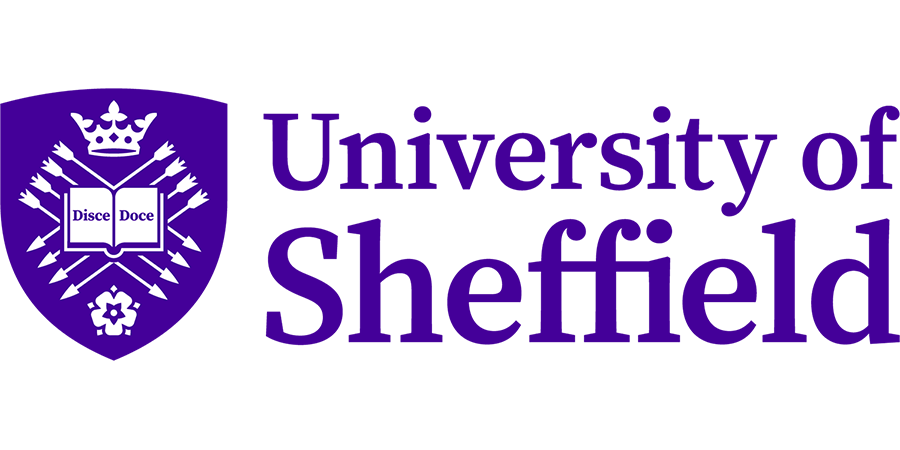Research Associate - MagneToBots
University of Sheffield - School of Medicine & Population Health
| Location: | Sheffield |
|---|---|
| Salary: | £38,249 |
| Hours: | Full Time |
| Contract Type: | Fixed-Term/Contract |
| Placed On: | 26th June 2025 |
|---|---|
| Closes: | 9th July 2025 |
| Job Ref: | 1231 |
Applications are invited for the post of a Research Associate to join Sheffield’s Nanobug-Oncology Research Group led by Prof. Munitta Muthana and Dr Faith Howard based within the Divisions of Clinical Medicine at the University of Sheffield’s Medical School, and in collaboration with Dr Alfred Fernandez Castane based in Aston University. The overarching research goal of the Sheffield’s Nanobug-Oncology team is to develop new targeted cancer therapies using bugs as drugs.
More information on the Muthana laboratories can be found here: https://www.sheffield.ac.uk/smph/people/academic/clinical-medicine/munitta-muthana.
We are seeking a highly motivated, practically skilled, well organised and semi-independent individual to work on a 3-year YCR-funded project. We aim to engineer Magnetotactic bacteria (MTB) to carry immunotherapeutic payloads (MagneToBots) to metastatic tumours using magnetic guidance strategies. Additionally, we will investigate sustainable manufacturing methods with our industrial collaborator Evolutor to identify MTB strains with optimal growth and magnetosome production rates. By doing so, we aim to develop a range of precision bioinspired MagneToBots that offer eco-friendly manufacture, paving the way for sustainable medicine approaches against currently incurable cancers.
You will be a practically skilled, well organised, flexible and committed Postdoctoral Researcher who will join a diverse laboratory team to conduct laboratory research on a semi-independent basis under the direction of Prof. Muthana, Dr. Howard and our project collaborators. You will be expected to; design, execute and evaluate experiments; keep excellent experimental records; prepare reports regularly and feed back to other members of the research group. You are also expected to contribute to the preparation of scientific manuscripts, attend and deliver seminars/lab meetings, help supervise undergraduate students and advise post-graduate research students as necessary as part of a collaborative research team. The successful candidate should be strongly motivated, self-driven, able to accept direction and be an excellent team player. Excellent communication and interpersonal skills are expected. You should have a PhD (or be close to completion) in bioengineering or drug delivery or have appropriate equivalent experience. You will have experience in human and microbial cell culture growth and manipulation, oncolytic virus amplification, immunohistochemistry/immunofluorescence, cell survival assays and murine cancer models. Expertise in molecular biology and immunology would be advantageous, but not necessary.
The School of Medicine and Population Health brings together researchers to translate scientific discoveries into clinically meaningful advances. More information about the School can be found here: https://www.sheffield.ac.uk/smph.
What We Offer:
The University of Sheffield is a remarkable place to work. Our people are at the heart of everything we do. Their diverse backgrounds, abilities and beliefs make Sheffield a world-class university.
We offer a fantastic range of benefits including a highly competitive annual leave entitlement (with the ability to purchase more), a generous pensions scheme, flexible working opportunities, a commitment to your development and wellbeing, a wide range of retail discounts, and much more.
Find out more at www.sheffield.ac.uk/benefits and join us to become part of something special.
We are committed to exploring flexible working opportunities which benefit the individual and University.
We build teams of people from different heritages and lifestyles from across the world, whose talent and contributions complement each other to greatest effect. We believe diversity in all its forms delivers greater impact through research, teaching and student experience.
Advert information
Type / Role:
Subject Area(s):
Location(s):









